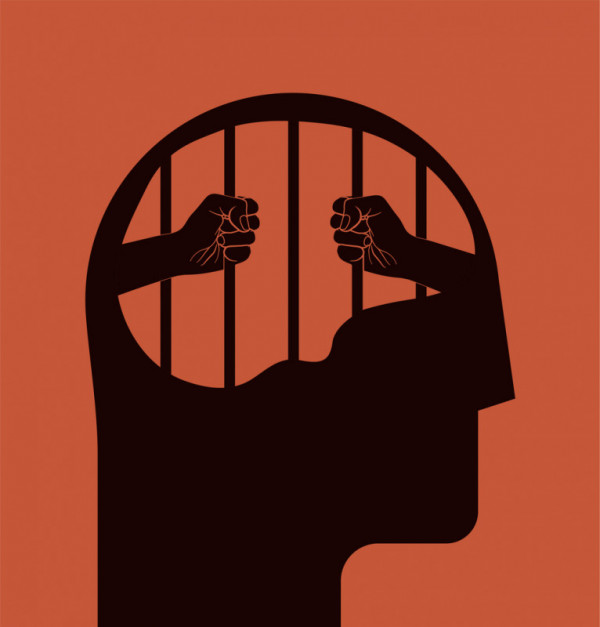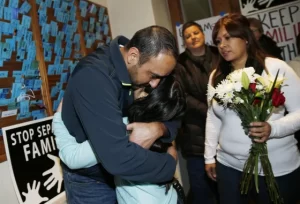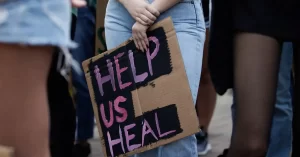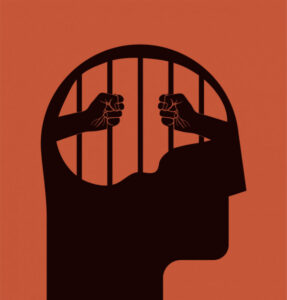Introduction
The intersection of justice and mental health is a critical issue, particularly concerning incarcerated individuals. Understanding their needs and advocating for appropriate services is essential.
The Mental Health Crisis in Prisons
Many individuals in the justice system struggle with untreated mental health issues. In fact, approximately 20% of inmates experience mental health conditions, yet resources for treatment remain inadequate.
The Role of Faith-Based Organizations in Advocacy
Faith communities can play a crucial role in advocating for the rights and needs of incarcerated individuals by:
- Raising Awareness: Increasing public awareness of mental health issues in prisons.
- Advocating for Reform: Supporting legislative changes to improve mental health care within the justice system.
- Providing Support Services: Offering counseling and support services for incarcerated individuals transitioning back to society.
Practical Steps for Involvement
- Host Community Discussions: Create forums to educate community members about the needs of those in the justice system.
- Volunteer Opportunities: Encourage volunteerism to support programs that assist formerly incarcerated individuals.
- Collaborate with Mental Health Professionals: Partner with mental health professionals to advocate for improved care and resources in correctional facilities.
Conclusion
Addressing the needs of incarcerated individuals with mental health issues is a moral imperative. Faith-based organizations can advocate for reform and compassion, ensuring that all individuals receive the care they need.











































